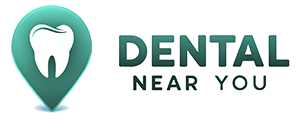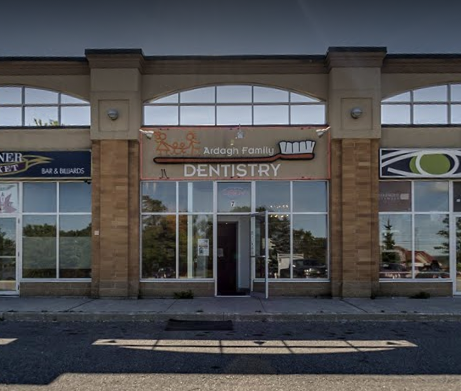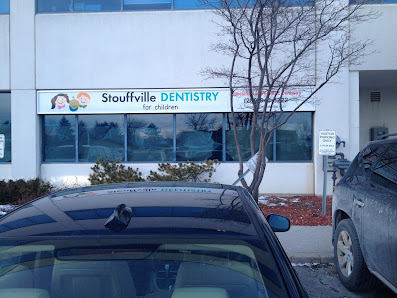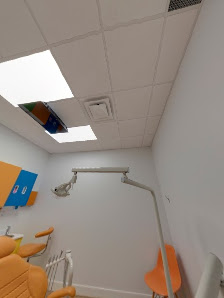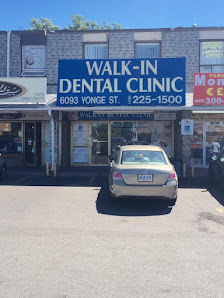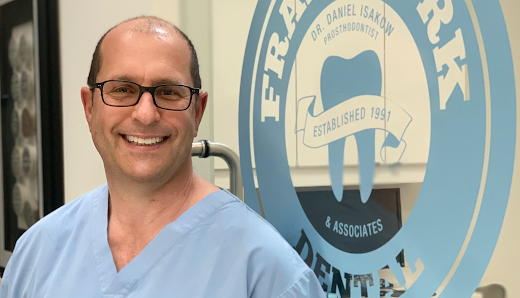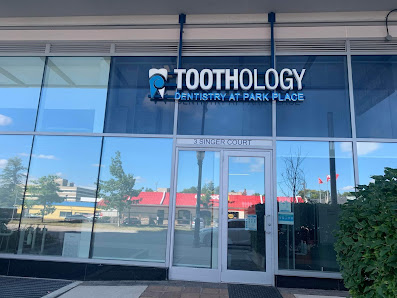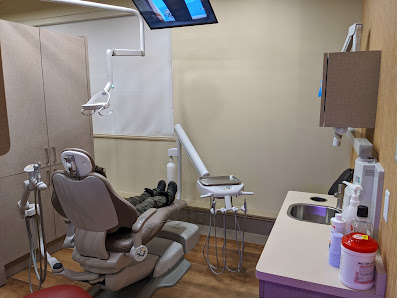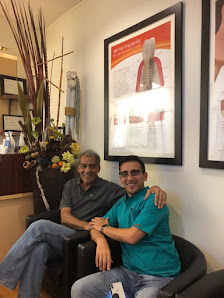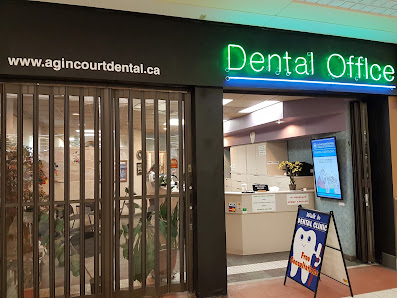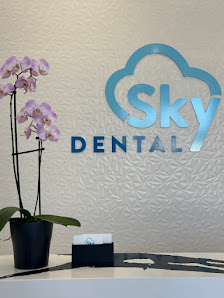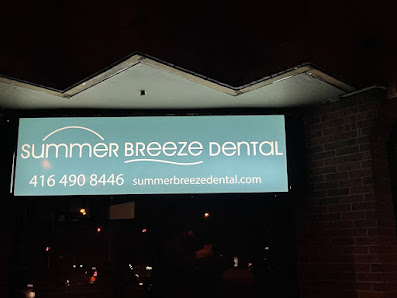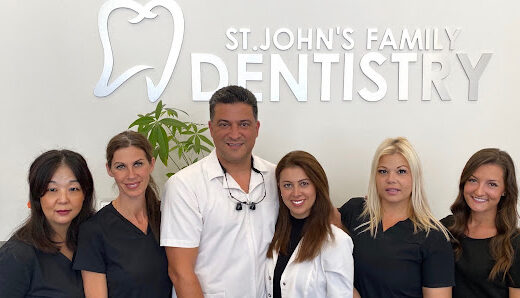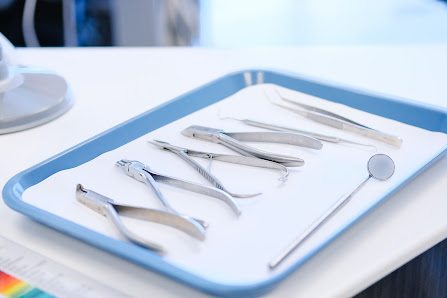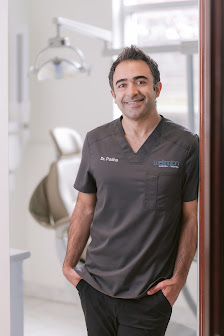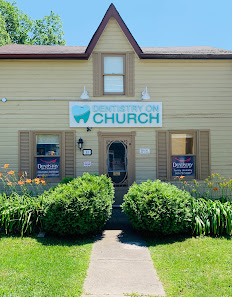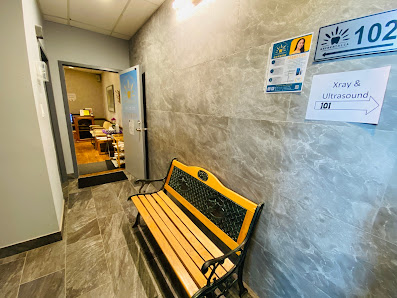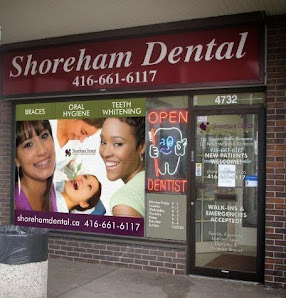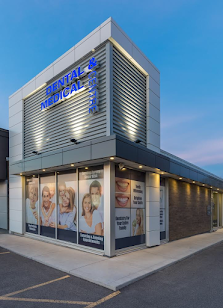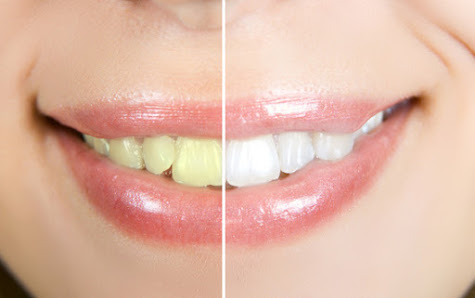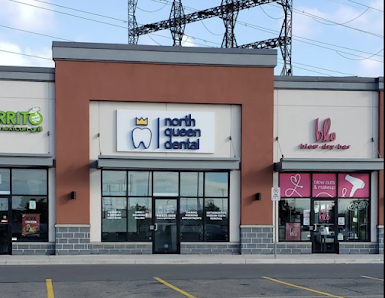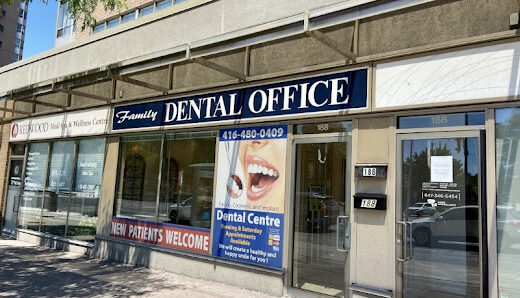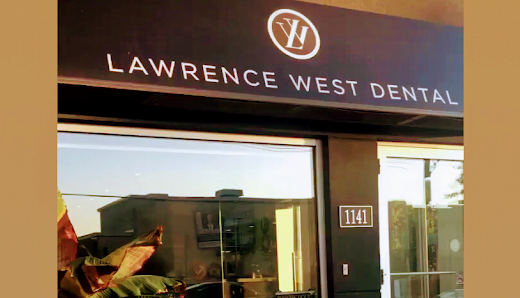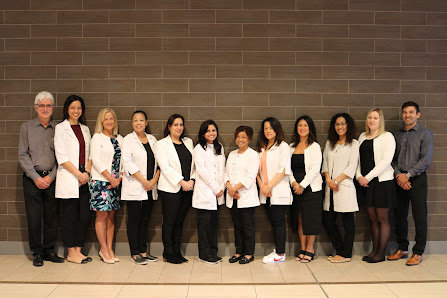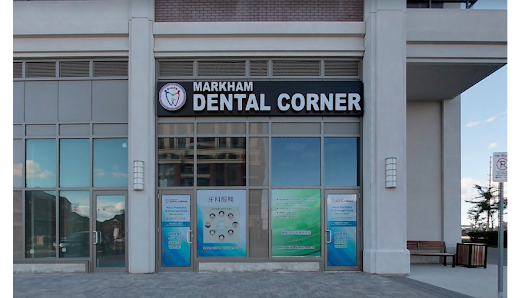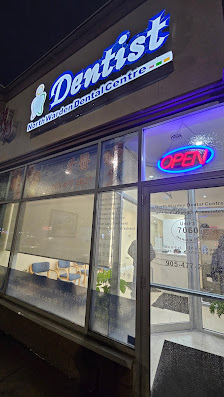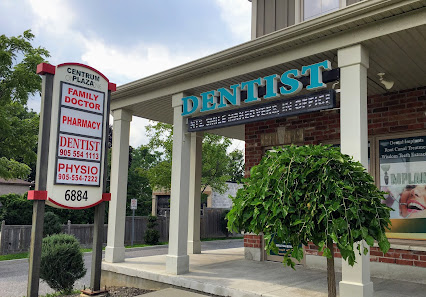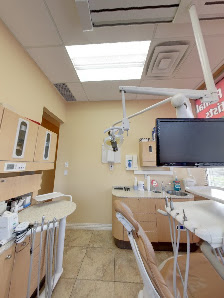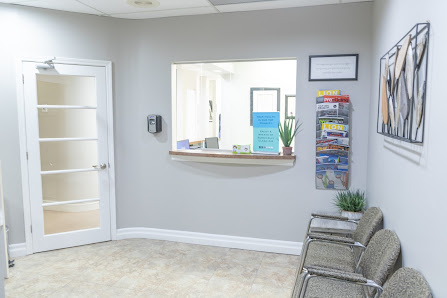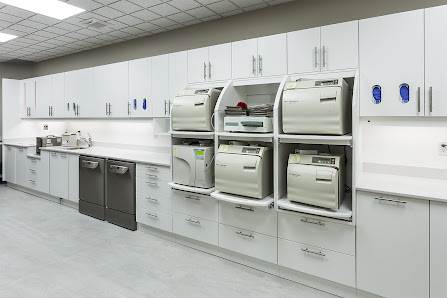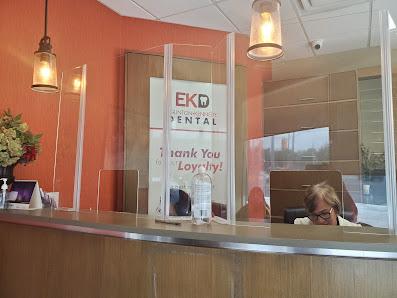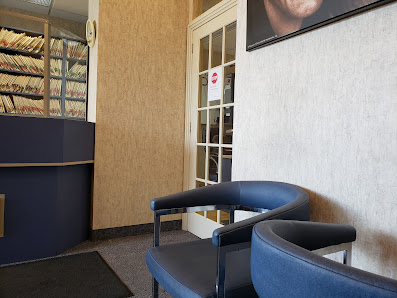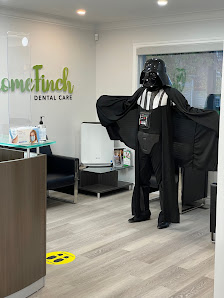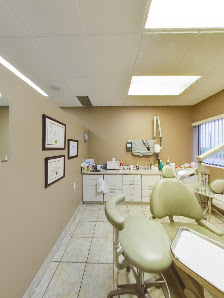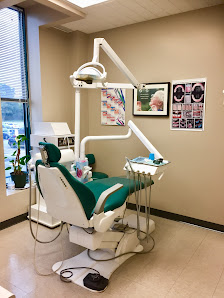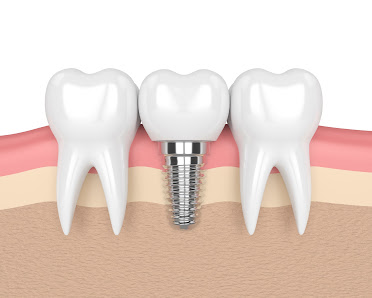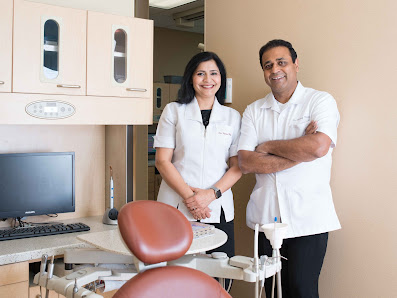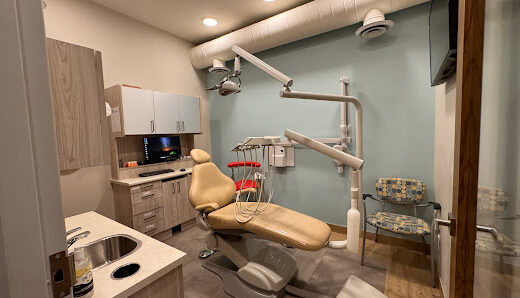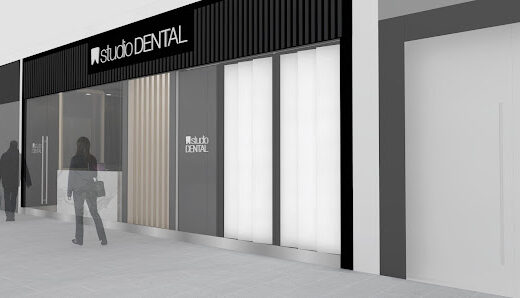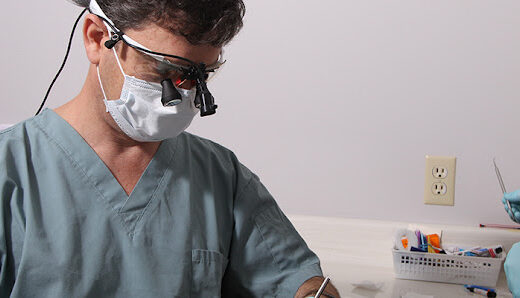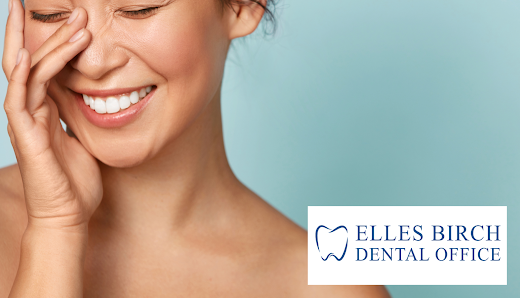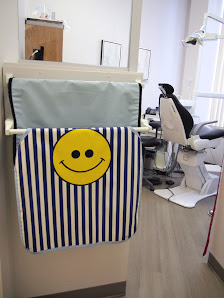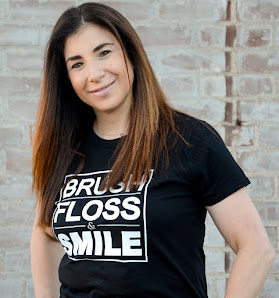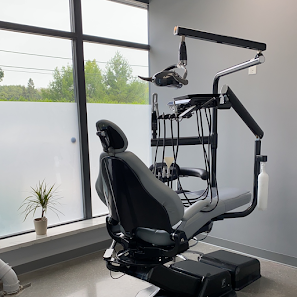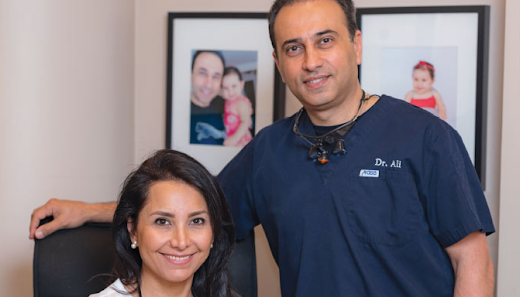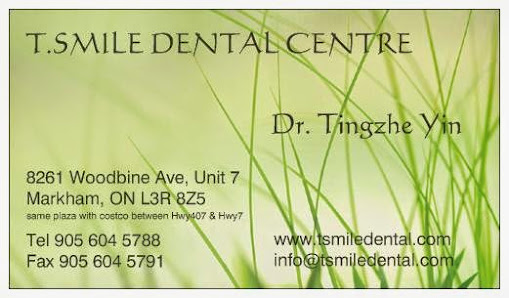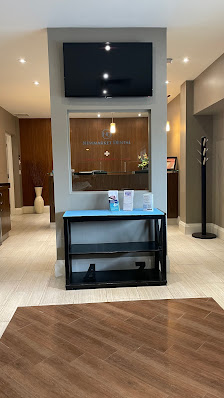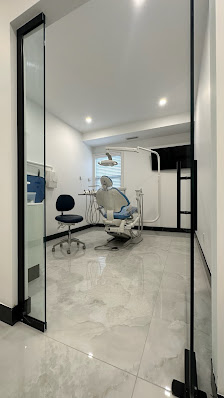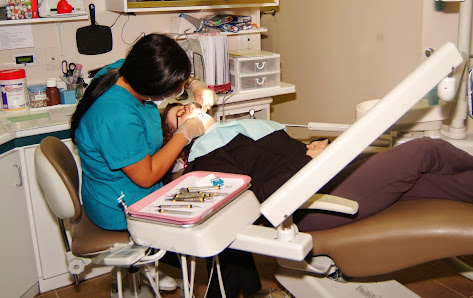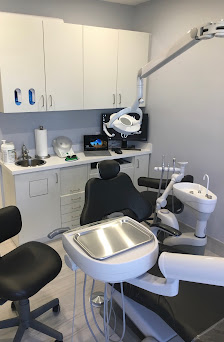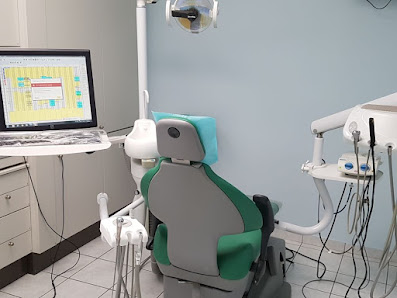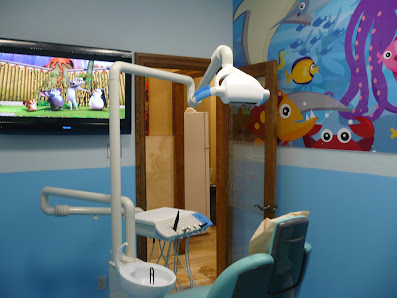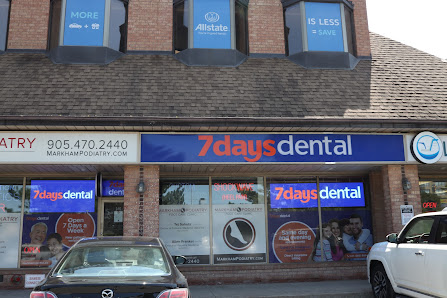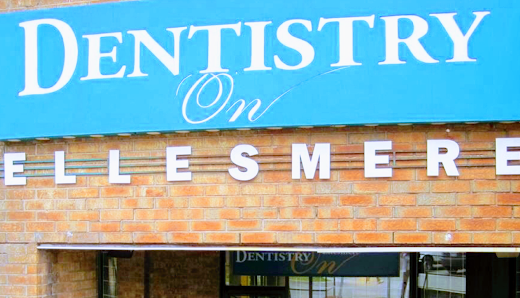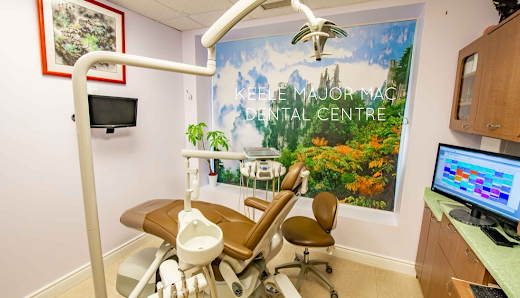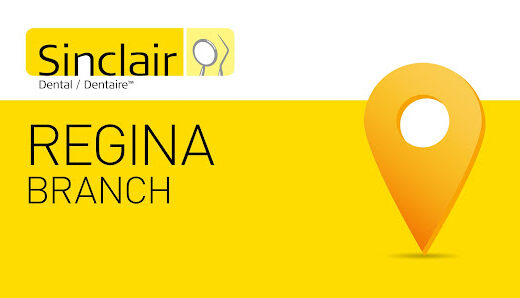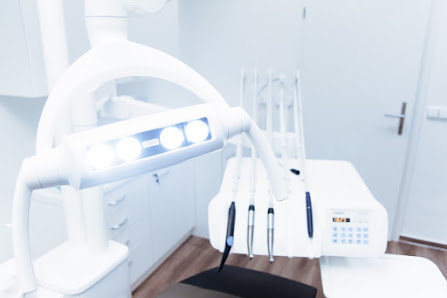Welcome to our comprehensive guide on X-rays, specifically dental X-rays, designed to help you understand their importance, uses, and benefits. Dental X-rays, also known as X-rays of teeth, are essential diagnostic tools that allow dentists to see beyond what is visible to the naked eye. They are crucial in identifying cavities, bone loss, and other hidden dental issues, ensuring you receive the best care.
How often do you need dental X-rays, or are they safe? Curious about the cost and what the images reveal? Our guide addresses these questions and more, helping you make informed decisions about your dental health.
At Dental Near You, we are dedicated to connecting you with top-rated clinics that offer exceptional X-ray services. Our platform features clinics that utilize the CDCP plan, ensuring you receive high-quality care at affordable rates. Explore our listings to find the best dental X-ray services near you and learn more about the importance of these essential diagnostic tools. Ready to dive in? Let’s continue exploring everything you need to know about dental X-rays!
Why Dental X-rays Are Essential?
Dental X-rays are vital for maintaining optimal oral health. They help in:
- Identifying hidden cavities
- Detecting bone loss
- Revealing impacted teeth
- Monitoring the health of jawbones
By using dental X-rays, dentists can diagnose issues before they become serious, saving you time, money, and discomfort.
Types of Dental X-rays
There are several types of dental X-rays, each serving a specific purpose:
- Bitewing X-rays: Show details of the upper and lower teeth in one area, helping detect decay between teeth.
- Periapical X-rays: Provide a view of the entire tooth, from the crown to the root, showing any changes in the root structure.
- Panoramic X-rays: Capture the entire mouth in a single image, which helps detect jaw and teeth alignment issues.
- Occlusal X-rays: Show the roof or floor of the mouth, which is helpful in spotting extra teeth or jaw fractures.
The Safety of Dental X-rays
Are dental X-rays safe? This is a common concern among patients. The good news is that modern dental X-rays involve minimal radiation exposure, especially with digital X-rays. The benefits of detecting dental issues early far outweigh the minimal risks. However, discussing any concerns with your dentist is always wise, mainly if you are pregnant.
How to Find the Best X-ray Services Near You?
Finding the best X-ray services near you involves considering several factors:
- Reputation: Look for clinics with positive reviews and high ratings.
- Technology: Ensure the clinic uses the latest X-ray technology.
- Cost: Compare prices to find affordable options.
- Convenience: Choose a clinic that is easily accessible.
At dentalnearyou.com, we simplify this process by listing top-rated clinics offering dental X-rays. These clinics adhere to the CDCP (Canadian Dental Care Plan) plan, ensuring you receive high-quality, affordable care.
Conclusion
In conclusion, dental X-rays are critical to dental care, providing essential insights into oral health. They help in the early detection of dental issues, ensuring effective treatment and better outcomes. Whether you need a routine check-up or have specific concerns, finding the right X-ray services near you is crucial.
Explore our listings on dentalnearyou.com to find trusted clinics that offer exceptional dental X-ray services. By choosing a clinic that uses the CDCP plan, you can rest assured that you’re getting top-notch care at an affordable price. Take the first step towards better dental health today!
Frequently Asked Questions About X-rays
1. How often should I get dental X-rays?
The frequency of dental X-rays depends on your oral health needs. Generally, adults with no significant dental issues may need X-rays every 1-2 years, while those with ongoing problems might require them more frequently.
2. Are dental X-rays safe for children?
Yes, dental X-rays are safe for children. The amount of radiation used is minimal, and precautions are taken to ensure their safety. X-rays are essential for monitoring the development of their teeth and detecting any issues early.
3. Can dental X-rays detect oral cancer?
While dental X-rays are not explicitly designed to detect oral cancer, they can reveal changes in the jawbone and other structures that may indicate a problem. Your dentist may recommend additional tests if they suspect oral cancer.
4. What should I do if I’m pregnant and need dental X-rays?
If you’re pregnant, inform your dentist. While dental X-rays are generally safe, your dentist may postpone non-urgent X-rays until after your pregnancy or take extra precautions to protect you and your baby.
5. How much do dental X-rays typically cost?
The cost of dental X-rays can vary depending on the type and the clinic. On average, dental X-rays may range from $25 to $750. It’s best to check with your clinic and insurance provider for specific pricing and coverage.
© All Rights Reserved. DNU
